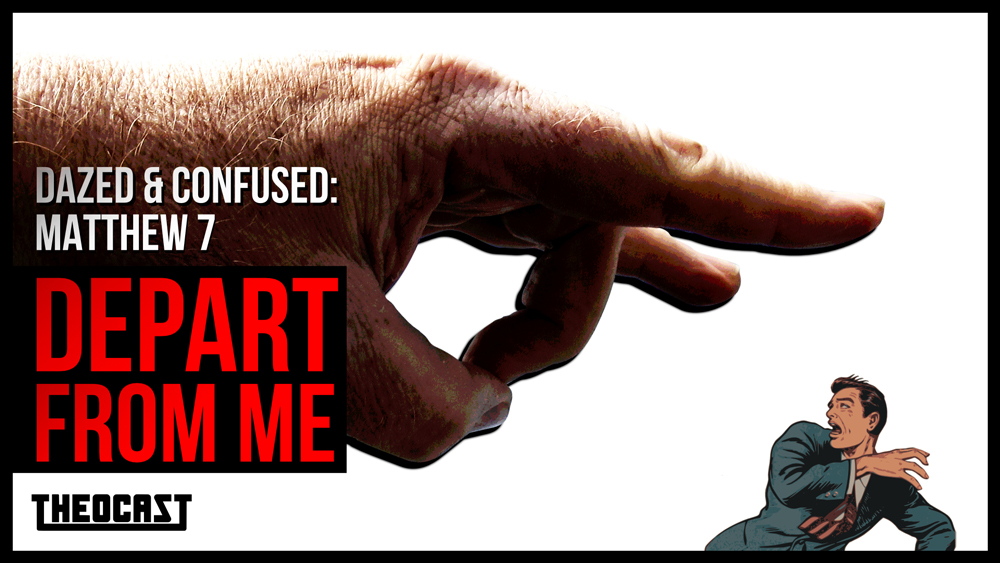Mayo Clinic defines depression as “a mood disorder that causes a persistent feeling of sadness and loss of interest. [It] affects how you feel, think and behave and can lead to a variety of emotional and physical problems. You may have trouble doing normal day-to-day activities, and sometimes you may feel as if life isn’t worth living.” I’m no medical professional, so I prefer a much simpler definition: Depression is a monster. Whether we recognize it or not, it is also very common. In 2017, it was estimated that over 17 million American adults suffered from depression.
For a significant time of my life, I battled severe depression. I struggled to get out of bed. I had little interest in things that once gave me joy. Working seemed like climbing a mountain every day. As David says in Psalm 42:3, “my tears became my food.” It took everything in me to make it through each hour of the day. My job suffered. My marriage suffered. My children suffered. I felt stuck in a constant web of feeling like a failure. Before you keep reading, I want you to hear this: I do not write this to give you tips on how to stop being depressed. I remember in my own struggle searching for answers and coming up empty. Rather, what I’d like to offer instead are two truths that I hope anchor you in the midst of your own “dark night of the soul.”
God has not left you to yourself. One of the consistent feelings while battling depression is guilt. There is a constant inner dialogue pointing out all of the ways you feel you are “letting down” those closest to them. When this is mixed in how we relate to God, the weight can be unbearable. Is God punishing me for not reading enough bible? Praying enough? Doing enough? Questions like this can push you deeper into yourself. But Scripture consistently points God’s people outward: “Cast your burden on the LORD and he will sustain you” (Psalm 55:22). God has not left you to “figure this out.” The gospel tells us that God loves us, pursues us, and that “while we were still weak, Christ died for the ungodly” (Romans 5:6). Zack Eswine writes, “our hope therefore, does not reside in our ability to preserve a good mood but in His ability to bear us up. Jesus will never abandon us with our downcast heart” (Spurgeon’s Sorrows: Realistic Hope for Those That Suffer From Depression, 39).
The gospel is bigger than your depression. One of the great comforts of the bible is that there is absolutely nothing that can separate us from the love of God in Christ Jesus (Romans 8:38-39). In the midst of tears, numbness, and fluctuating emotions, we can trust that we are not saved by our consistency of mood but rather the sufficiency of Christ’s work on our behalf. We are always and forever safe and saved by grace alone, through faith alone, on account of Christ alone, not by our feelings for Christ. Depression can rob you of so much, but it cannot rob you of the salvation that the Father, Son, and Holy Spirit have planned, accomplished, and applied to you.






